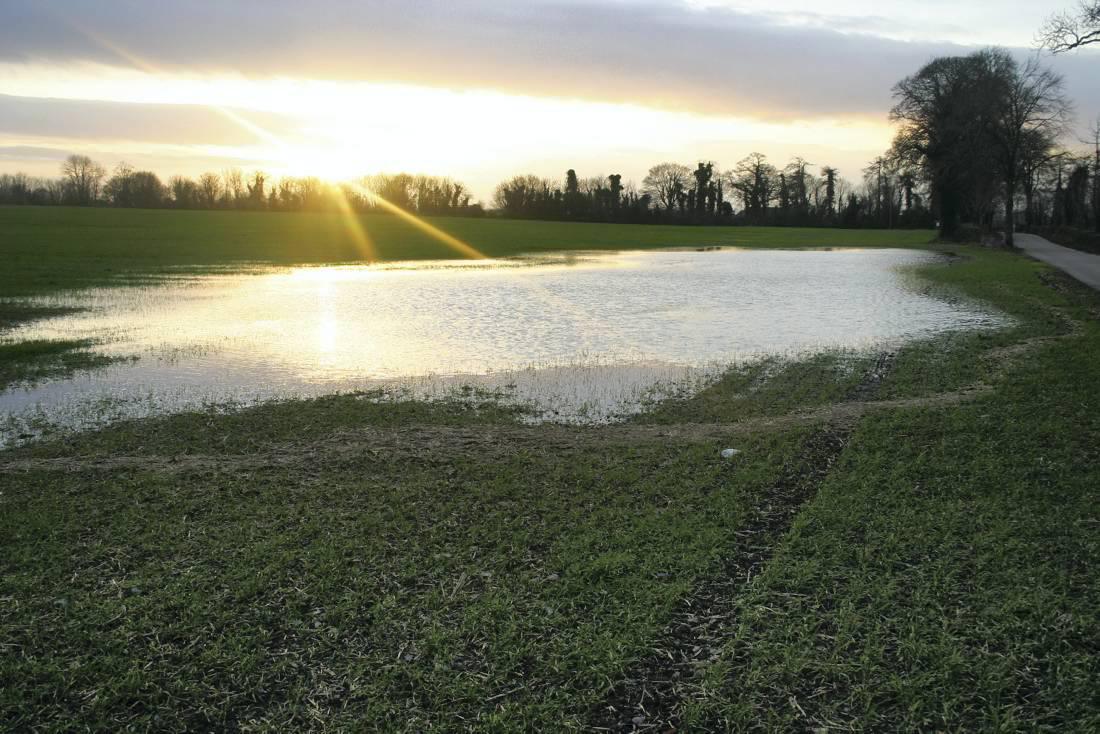Wet land and slugs: Most soils remain saturated so there is little opportunity to get any field work done. While most crops still look good, there are increasing signs of crops being really under pressure due to a combination of wet and manganese deficiency.
I detect a general paleness coming into crops over the past two weeks and plant death is now possible in areas, even where crop patches were not covered by water. The combination of warmth and waterlogging are not good bedfellows and roots have now been in water for weeks.
Slugs remain a real threat and there are signs of activity in places so keep an eye out for signs of grazing. Treatment will be needed if grazing is taking place but most fields are impassable due to wet, for either manganese or slug pellet application. But even a few pellets applied by hand might slow a problem to prevent some level of crop damage.
Records: Use these few slack weeks to get your records up to date for both your chemicals use in 2015 and your nutrient allowances for 2016. These are important jobs to get done correctly as failure to do so could result in cross compliance penalties.
Your chemical records should show what was purchased during 2015, any opening stock that was present in your store and any stock left over at the end of the season. After that you need to be able to show where and when each product was applied and document the actions taken to avoid risk of drift into open waterways.
Your nutrient records need to show your N and P allowances for each parcel based on the soil index for each parcel. This is governed by crop and rotation in the case of nitrogen and soil test results in the case of P. The ability to verify high recent yield levels can increase the amounts of both nutrients which can be applied on individual crops. Verification requires proof of average crop yield levels in one of the past three years.
Grain stores: While most land is now waterlogged, the high water tables are also causing pressure elsewhere even where there is no flooding. Rain and water have made their way into grain stores in places so check to see if you have such a problem that may need correction at some point.
Oilseed rape: Many crops have been heavily grazed by pigeons and there is little one can do now other than ensure that the full crop area is equally grazed. Having patchy grazing will result in variable crop growth and maturity making management decisions difficult.
Conferences: The CAFRE/UAS/UFU conference takes place next week in Greenmount on 12 January. The Teagasc National Tillage Conference takes place in Kilkenny on 28 January. And the 2016 Potato Conference takes place on 23 February in the Red Cow Hotel.






 This is a subscriber-only article
This is a subscriber-only article










SHARING OPTIONS: